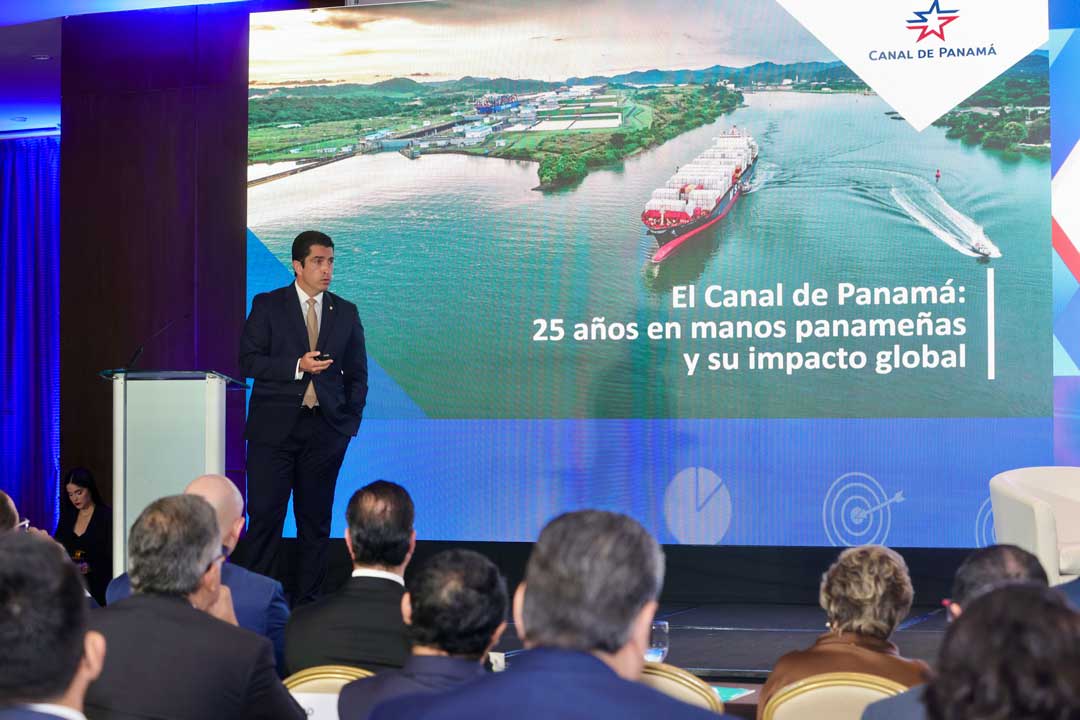Panama, November 30, 2000. More than 100 residents of the Rio Indio district of Penonome, in the western region of the Panama Canal watershed, attended a recent meeting with Panama Canal Authority (ACP) officials, launching what will be an ongoing consultation and participation process that will lead to sustainable development programs in the area.
Some area residents expressed their dissatisfaction with Law 44, which established the boundaries of the Canal watershed in 1999, and raised concerns about the effects of potential water projects in the area. Other issues raised were land tenure, education and health programs for the region. Residents also expressed their desire to be kept informed of further developments regarding their district.
ACP officials pointed out that the purpose of Law 44 is to define watershed boundaries and support the protection and conservation of its natural and water resources, stressing that a decision has not yet been made regarding any Canal expansion project. Residents were updated on the status of economic, environmental and cultural studies, as well as the topography, soil and hydrology research in the region. ACP officials reiterated the Canal’s commitment to community consultation and participation in all aspects of future sustainable development programs.
Once study and program results are integrated, the ACP will be able to determine viable sustainable development projects for the area, with full community participation and consultation.
The ACP will hold a series of meetings in the western watershed communities during upcoming weeks, to further inform area residents and provide a forum for voicing concerns¸ while developing a work agenda that allows their full participation and consultation.
ACP Environment Division Manager Luis Alvarado and CICH Executive Secretary Oscar Vallarino led the delegation.
The Canal’s commitment to launching a land tenure registration program in the watershed’s western region came to fruition on Friday, December 1, when the ACP and MIDA (Ministry of Agricultural Development) signed an agreement to start such a program in 2001.




